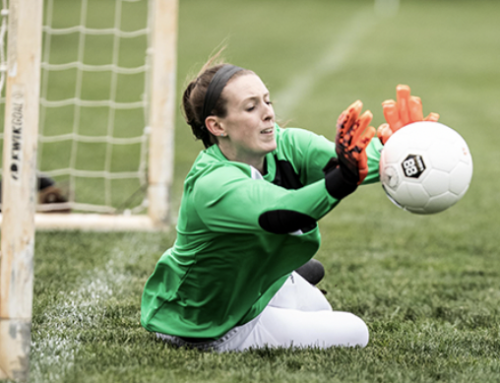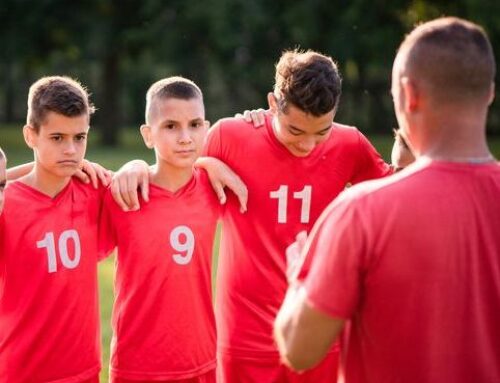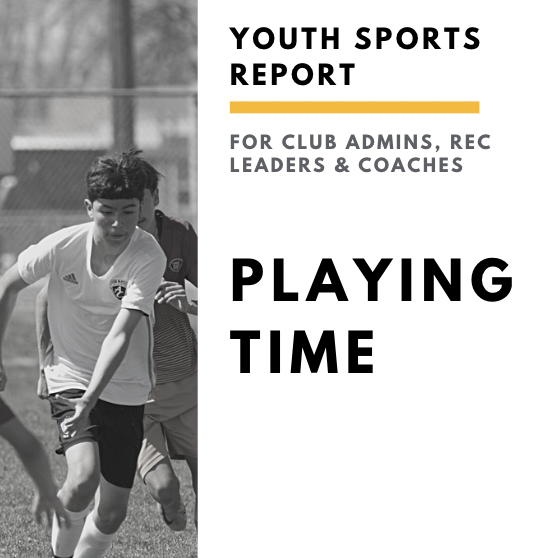Get our exclusive report. Download the iSport360 Club Switching Report Here – For Club Admins, Rec Leaders and Coaches.
Maximizing Playing Time in Youth Sports
Youth sports play a significant role in the development of young athletes, both physically and emotionally. Securing ample playing time is a key factor in fostering skill development, boosting confidence, and enhancing the overall sports experience for young athletes. This research report investigates various factors that influence playing time decisions and provides evidence-based strategies for youth sports athletes to increase their opportunities on the field. By understanding and implementing these strategies, young athletes can maximize their playing time and fully reap the benefits of participating in youth sports.
Youth sports provide a platform for young athletes to cultivate their skills, develop teamwork, and learn important life lessons. However, concerns about playing time are common among young athletes and their parents. We delve into the factors that influence playing time decisions and presents strategies to help youth sports athletes increase their time on the field.
Factors Influencing Playing Time Decisions
Skill Level
Coaches often prioritize players with advanced skills and demonstrated proficiency in the sport. Players who consistently show improvement during practices and games are more likely to receive increased playing time opportunities.
Attitude and Sportsmanship
A positive attitude and good sportsmanship contribute to an athlete’s overall appeal to coaches and teammates. Players who display positive behavior on and off the field are more likely to be rewarded with additional playing time.
Effort and Commitment
Coaches value athletes who demonstrate dedication and effort during practices and games. Athletes who consistently show a strong work ethic and commitment to the team are often rewarded with more playing time.
Versatility
Players who can perform effectively in multiple positions offer coaches greater flexibility in their game strategies. Versatile athletes are more likely to receive playing time as they can adapt to various game situations.
Game Performance
Coaches pay close attention to an athlete’s performance during games, especially during critical moments. Players who excel under pressure and contribute significantly to the team’s success are more likely to receive increased playing time.
Strategies to Increase Playing Time
Skill Development
Engage in Regular Practice: Dedicate time to practice consistently and work on refining fundamental skills to improve performance.
Seek Professional Coaching: Consider seeking specialized coaching to receive personalized guidance and accelerate skill development.
Demonstrate a Positive Attitude
Be a Team Player: Encourage and support teammates, demonstrating cooperation and leadership on and off the field.
Accept Coaching Feedback: Embrace feedback from coaches as an opportunity to grow and improve as an athlete.
Show Dedication and Effort
Attend All Practices: Consistent attendance at practices reflects dedication and commitment to the team and sport.
Give 100% Effort: Demonstrate a strong work ethic during training and games, showcasing determination and enthusiasm.
Embrace Versatility
Develop Multiple Skills: Work on acquiring proficiency in various positions, making yourself a valuable asset to the team in different roles.
Exhibit Adaptability: Be willing to play different positions as needed, demonstrating your versatility to coaches.
Perform Well in Games
Thrive Under Pressure: Remain composed during crucial game moments and perform at your best to impress coaches.
Make Impactful Contributions: Aim to contribute significantly to the team’s success during games, catching the coach’s attention.
Research Findings
Impact of Skill Development
A study conducted by the American Journal of Sports Medicine found a direct correlation between regular strength and conditioning training and reduced injury rates, leading to increased playing time for young athletes.
Influence of Attitude
Research published in the Journal of Applied Sport Psychology highlighted that coaches prioritize players with positive attitudes and sportsmanship when making playing time decisions.
Importance of Effort and Commitment
A survey by the National Alliance for Youth Sports indicated that coaches highly value effort and commitment, considering these factors as essential criteria for increased playing time.
Versatility and Playing Time:
A study published in the International Journal of Sports Science & Coaching demonstrated that athletes who showcased versatility and adaptability were more likely to receive more playing time.
Game Performance and Playing Time
An analysis by the Journal of Sports Science & Medicine showed that consistent standout performances during games were strongly associated with increased playing time for young athletes.
Wrap Up
Maximizing playing time in youth sports is a crucial goal for young athletes seeking to develop their skills and gain valuable experiences. By understanding the factors that influence playing time decisions, athletes can strategically work towards increasing their time on the field.
Strategies such as skill development, maintaining a positive attitude, demonstrating commitment and effort, embracing versatility, and excelling in game situations are key elements that can lead to more playing time for young athletes.
Coaches appreciate athletes who consistently show dedication, work hard, and contribute positively to the team. By employing these evidence-based strategies, young athletes can enhance their chances of receiving more playing time, leading to a more fulfilling and rewarding youth sports experience.
iSport360 is the only app that does it all for youth sports. For more information on what we do, click here.
About the author:
Amy Masters is a sports mom, coach and club administrator. She has been coaching youth sports for more than 10 years. She started Jr Lions Field Hockey, the youth recreation program for the Hunterdon County community growing it from 40 players in year 1 to 150 players by year 3. A few years later, she saw the love and competitiveness grow then started Omega Field Hockey Club serving NJ and PA players. Prior to coaching, she was a collegiate field hockey player for Lock Haven University. In her spare time (lol), she is head of marketing for iSport360, where she brings her love of sports to a bigger audience.
Learn more or request a demo of our youth sports software that is helping teams improve communication, organization and player development.
August 10, 2023






